

Uh oh...
It appears that you're using a severely outdated version of Safari on Windows. Many features won't work correctly, and functionality can't be guaranteed. Please try viewing this website in Edge, Mozilla, Chrome, or another modern browser. Sorry for any inconvenience this may have caused!
Read More about this safari issue.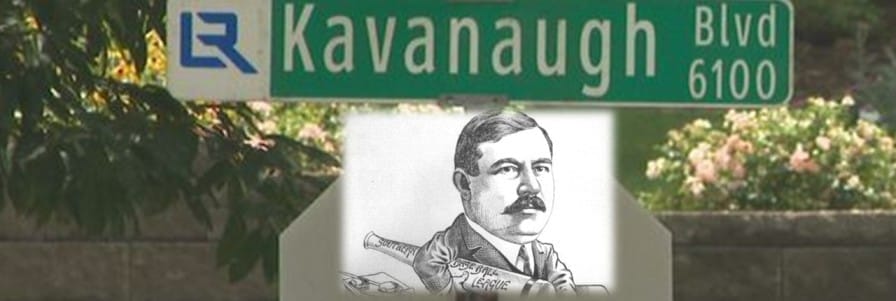

February 20, 1915, was one of the best days of Judge W. M. Kavanaugh’s life. He had been President of the Southern Association since the off-season of 1902, but there had been no minor league team in his home city of Little Rock, Arkansas, for the last five years of his term.
In the winter of 1909, after denying the inevitable for months, the Little Rock Travelers had what amounted to a “Going Out of Business Sale.” In addition to a franchise in the Southern Association, buyers bought equipment, supplies, and players. The President of the Southern Association lived in Little Rock, Arkansas, but the city would not have a team in the league, a somewhat embarrassing situation that took five years to remedy.
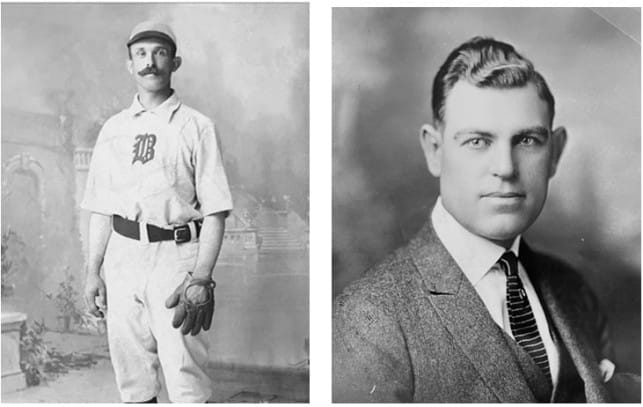
In 1915, the frustrating wait was over. A former major leaguer, R. G. Allen, had revived the vacant franchise and hired popular local businessman Ray Winder as team secretary. The Travelers would be back in the league for the upcoming 1915 season. That February evening at the local Elks Club, Kavanaugh entertained the leaders of the Southern Association for dinner and basked in the adulation due to the respected leader of one of minor league baseball’s most prestigious leagues.
The Southern Association that elected Kavanaugh as president was not unlike other minor league circuits in the early twentieth century. Communication often relied on letters that took weeks to be delivered. The members clashed over the schedule, the eligibility of players and even the construction of the baseballs. The league owners operated on two unofficial precepts: they had absolutely no trust in each other, and they had complete confidence in their president.
William Marmaduke Kavanaugh (only his closest friends dared call him Billy) was born in Alabama in 1866 and spent his youth in Kentucky. His father, a Methodist minister, was a Confederate chaplain during the Civil War. After graduation from Kentucky Military Institute in 1885, young William moved to Clarksville, Arkansas, helped manage a mercantile business, and served as the Johnson County correspondent for the Arkansas Gazette.
By the late 1880s, Kavanaugh had been lured to the newspaper’s home office in Little Rock and assumed a full-time assignment as a reporter. On October 9, 1889, he married Ida Floyd, a young lady he had met during his short stay in Clarksville. A year later, the fastest-rising star in the Little Rock newspaper business was named the managing editor of the Arkansas Gazette.
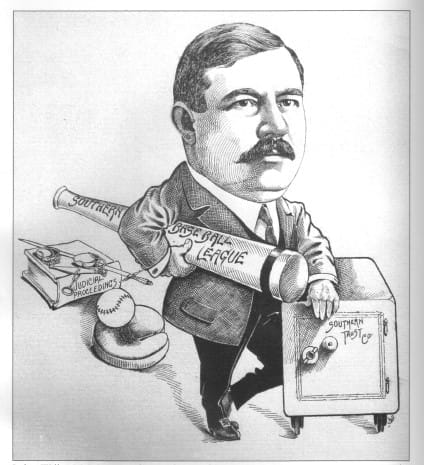
Kavanaugh was personable, intelligent and ambitious, a combination of personality traits that led him to leadership positions in public service and business. Over the next 15 years, he was Sheriff of Pulaski County, a county judge, a successful businessman and the leader of the Southern Association.
As the leadership of the Southern Association assembled at the Elks Club for dinner that February evening in 1915, the atmosphere was cordial and celebratory. The discord and distrust of the previous decade had subsided, and the Little Rock Travelers were back in the league.
When Captain C. T. Crawford, dean of the Southern League officials, stood to introduce the evening’s host, he proclaimed President W. M. Kavanaugh, “The squarest man in baseball.” Kavanaugh responded, “I take it not as a personal compliment but as a tribute to the organization I represent.” Cooperation and goodwill were at an all-time high in the Southern Association.
The following day, after the excitement of the late-night celebration, Judge Kavanaugh reported that he did not feel well and remained at his residence for lunch. That afternoon, his brother found him complaining of an illness described as acute indigestion. Brother C. C. Kavanaugh reported that after about an hour, the Judge prematurely remarked that he had recovered, “Yes, I’m all right now.”
At 3:10 p.m., Kavanaugh took a deep breath and “fell back on the bed, lifeless.” The city of Little Rock had lost one of its most valued citizens, and the Southern Association had lost its respected leader.
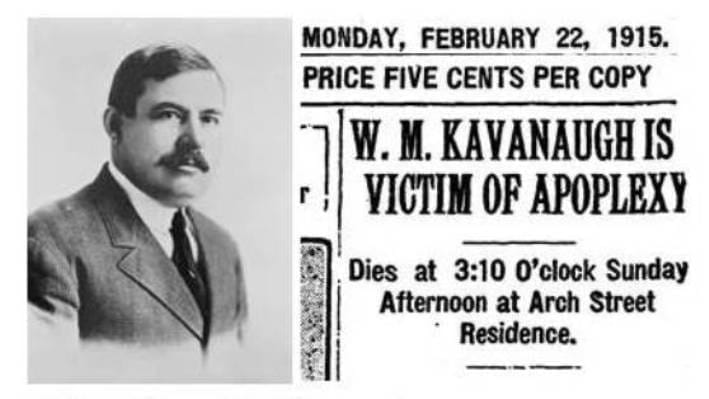
On February 24, businesses did not open, state and city offices suspended services, and schools closed in honor of Little Rock’s beloved Judge Kavanaugh. More than 5,000 friends and associates attended the funeral at Oakland Cemetery.
The Little Rock City Council officially renamed West End Park to Kavanaugh Field on August 3, 1915. Kavanaugh Field remained the home of the Travelers until a new stadium, known as Travelers Field, opened in 1932. In 1936, the city was renamed Prospect Boulevard in honor of the late Judge Kavanaugh. The winding street through the hilly neighborhood of West Little Rock remains Kavanaugh Boulevard.
We do the work.
You check your email.
Sign up for our weekly e-news.
Get stories sent straight to your inbox!


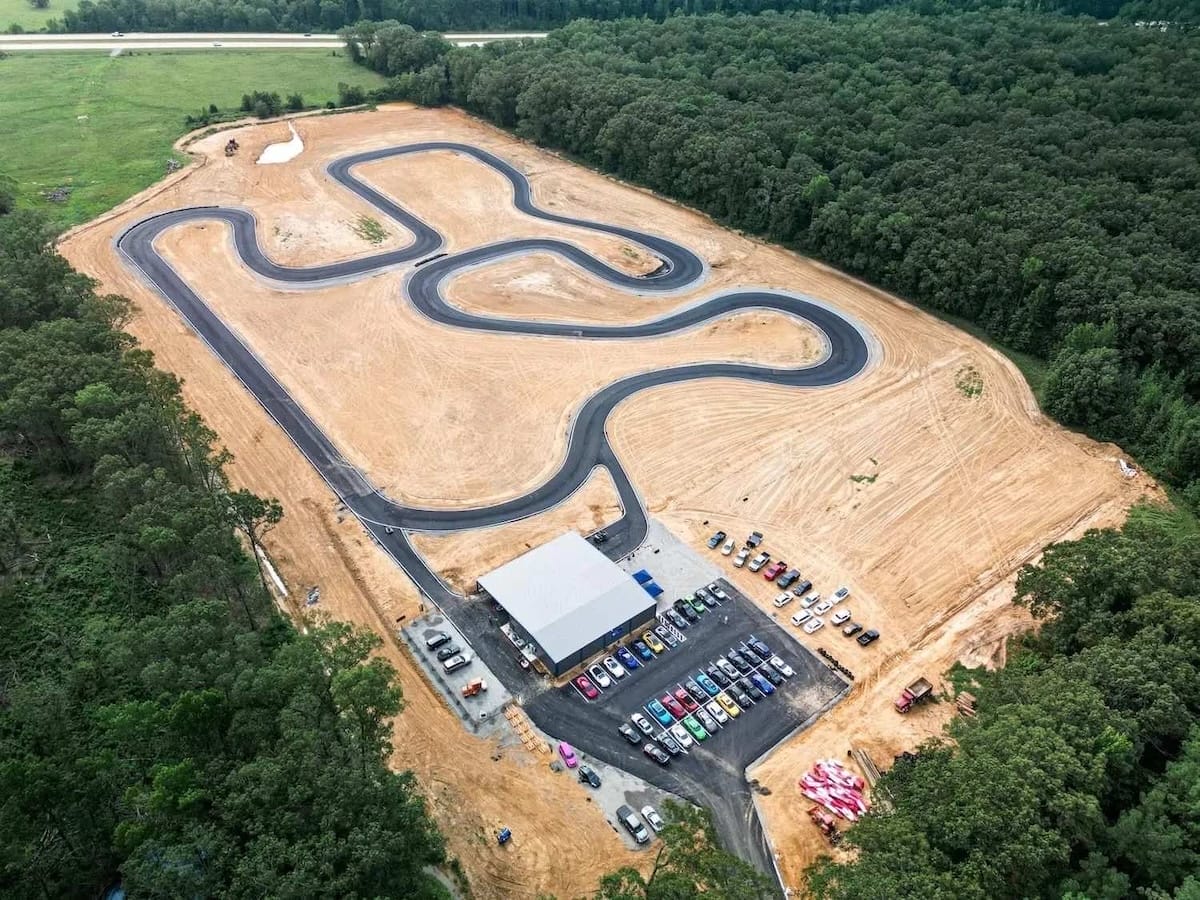






Like this story? Read more from Jim Yeager
The 1951 baseball season arrived in Little Rock with little cause for...
In 1994, Hall of Famer Ted Williams was contracted to create his personal...
America’s Greatest Generation returns from WWII to lead Arkansas Tech...
Join the Conversation
Leave a Comment